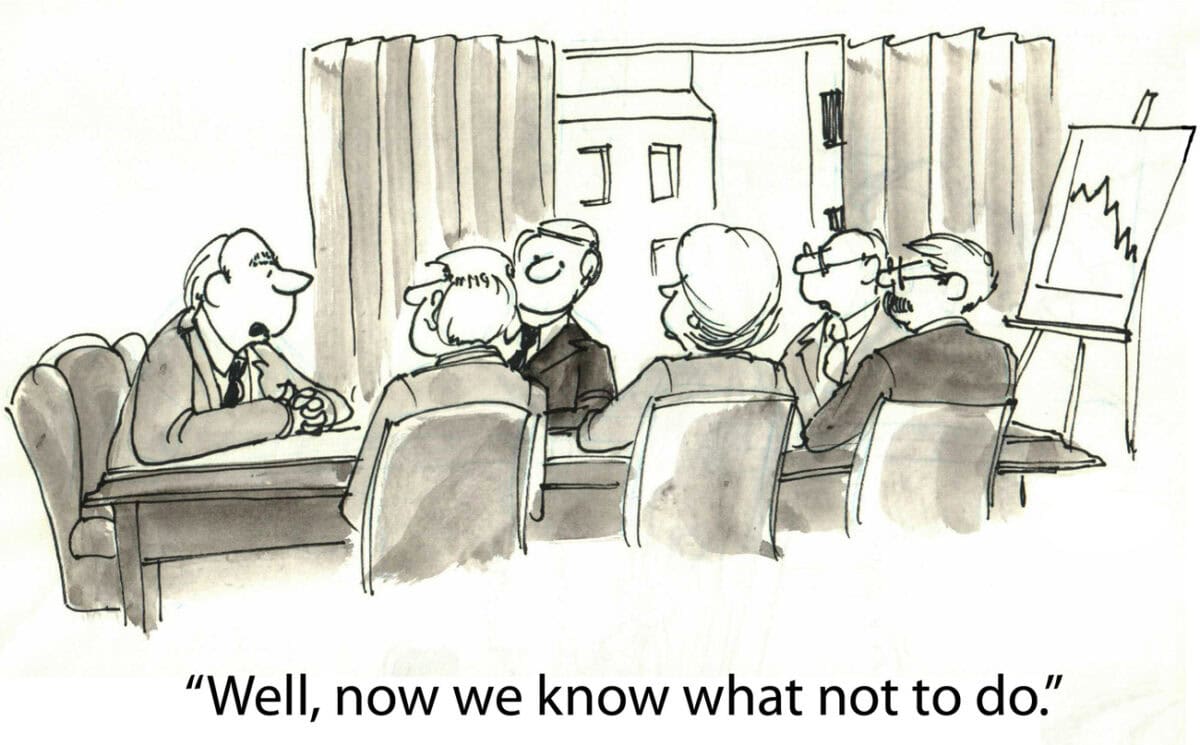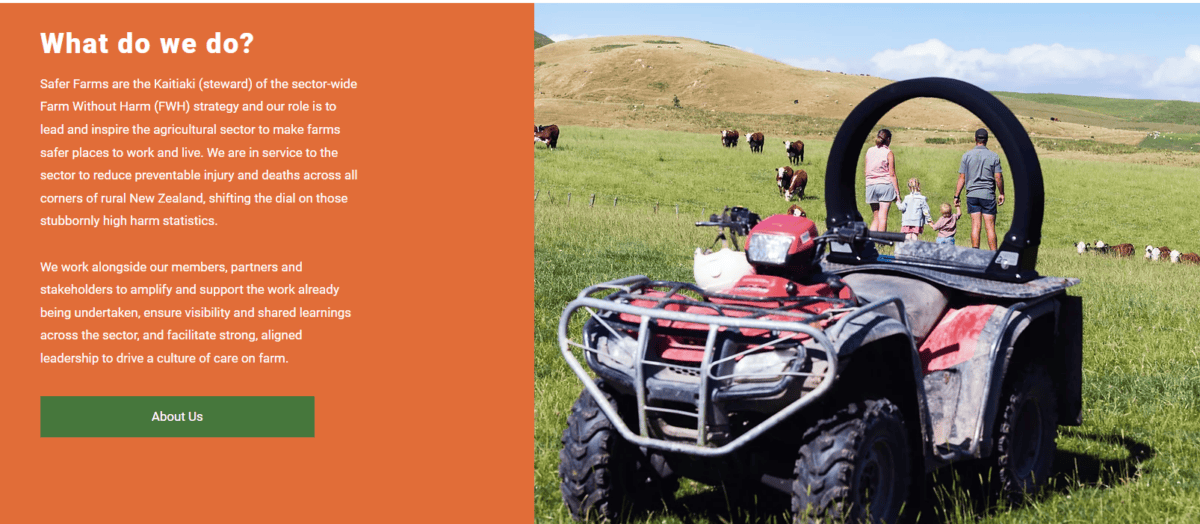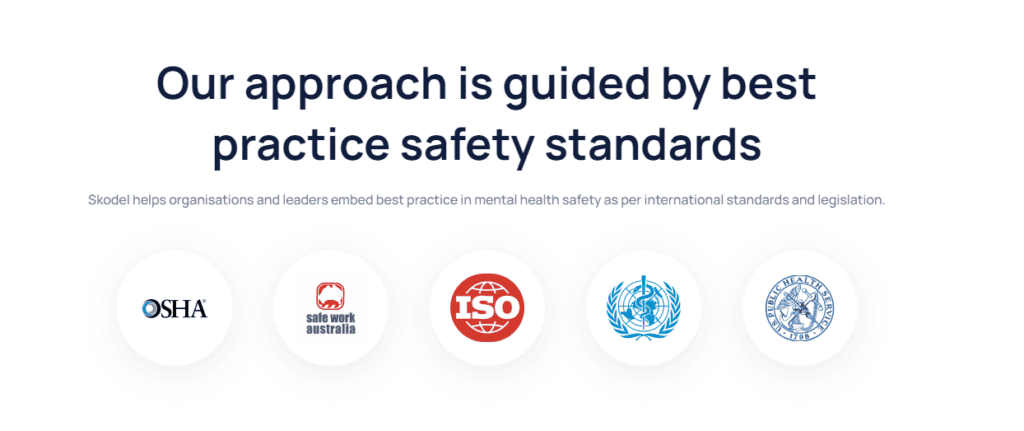Every social media app is now offering an end-of-year wrap-up. I can’t do that. I can’t tell you how often you accessed the blog, or which were your “favourite” articles. But I can thank you for your support and wish you a safe holiday break and 2026.
Here are some stats I can provide for the blog watchers. To date, the blog has published 222 articles in 2025, averaging over 4 per week. If someone asks whether an annual subscription is worth it, let them know that each article costs them just over one dollar each.








